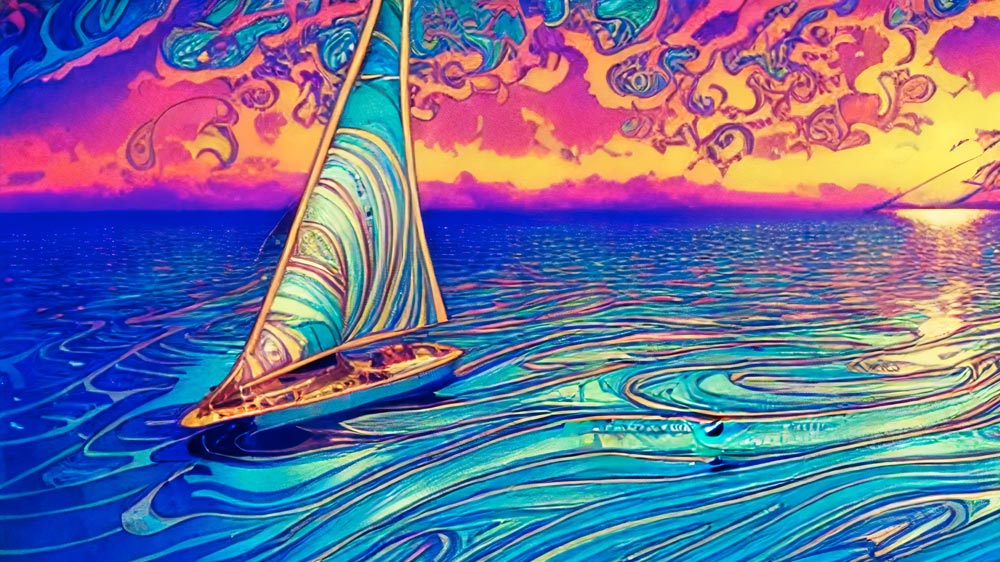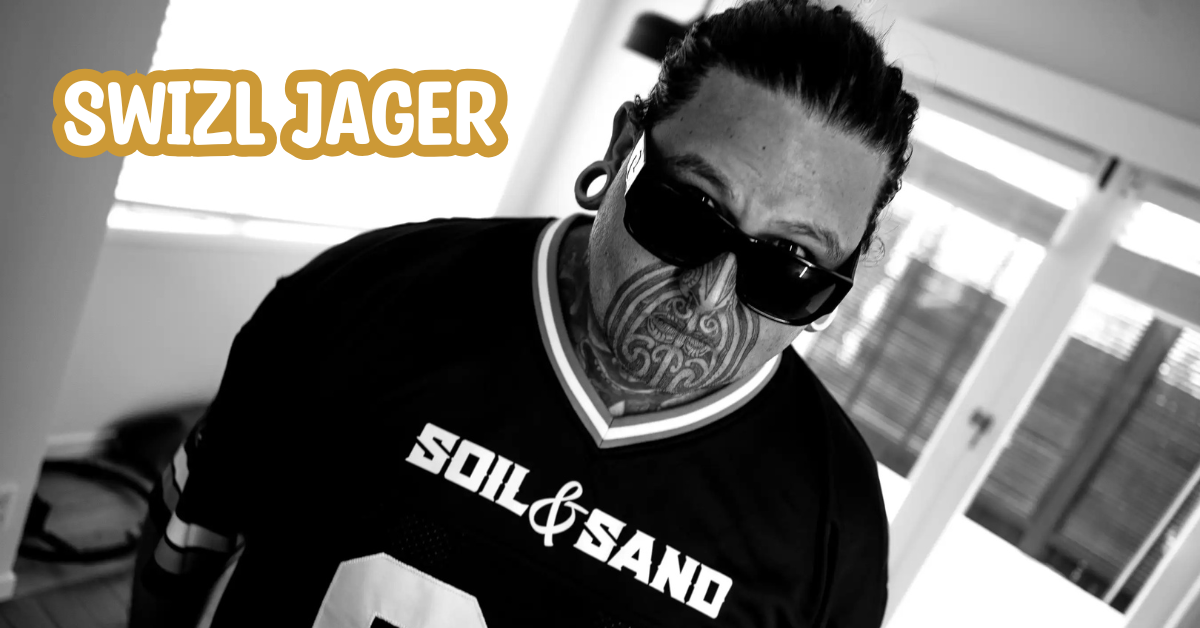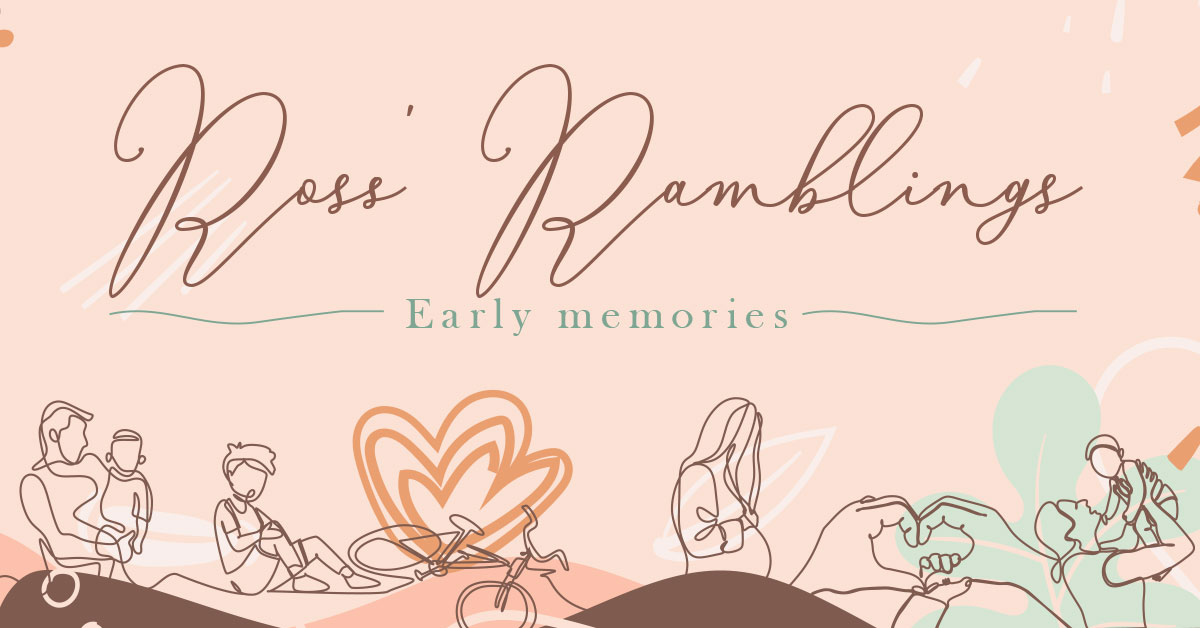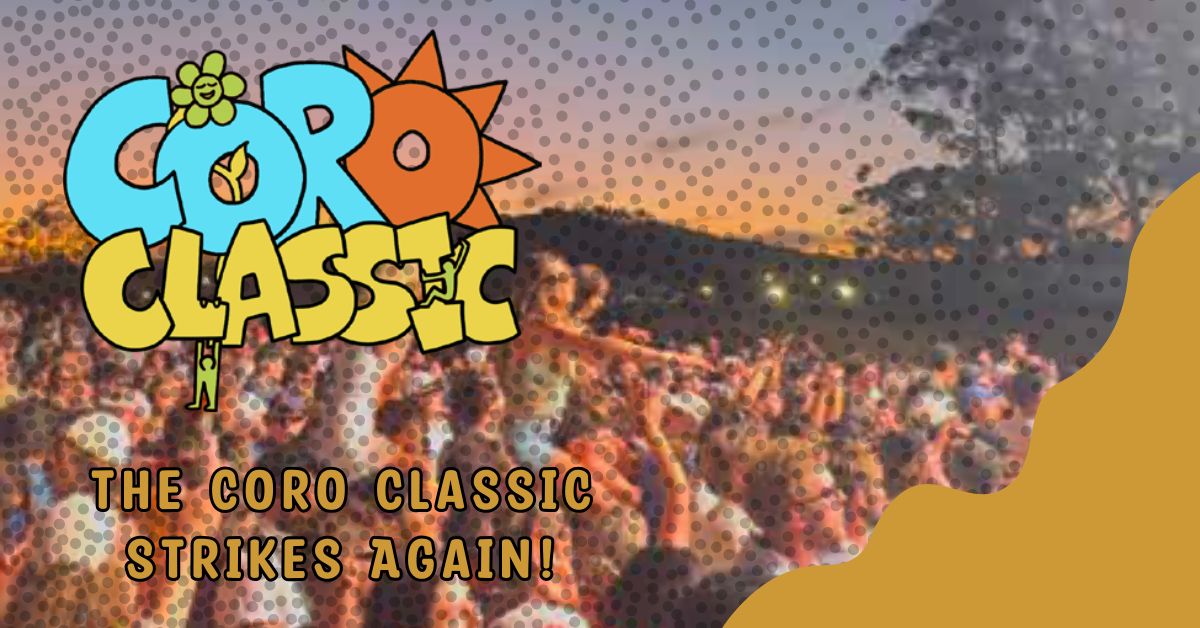Are you willing to look and listen before you speak? This challenge is set out for you to accept the state of ambivalence when faced with multifaceted issues and then start asking the right questions.

When looking at some of the large-scale developments in human society over the past decade, one cannot help but notice a concerning toxic trend: that of hardening of stances, narrowing of positions and the appeal to anger and fear driven by self-righteous, intolerant and entitled perspectives that see difference as a threat to identity, sovereignty and privilege. However, embracing and promoting difference is the source of all progress. The truth of this will sink in when thinking about that for a while. And most importantly, tolerance and the embrace of difference is the gift that makes freedom possible. Freedom is only ever as real as the freedom to be different that is granted to all others.
Aotearoa is in an enviable position in this regard. As a bi-cultural nation by its historical origin and now becoming increasingly multicultural through immigration from all corners of the planet, we are a people made from a braid of different cultures and perspectives. This is our ultimate strength and, if cared for with aroha, will continue to make our country a place envied by many for its cultural diversity, freedom to be and embrace of the possibilities of the new. But we do need to care for this spirit. Sadly, freedom is easily lost if a society is taken over by fear of difference on which the evils of fascism rise, amplified by demagogues that call upon racial or national identities and instill hate of others as means to gain power. History is littered with the corpses of millions, killed in pursuit of such small-minded and evil agendas. This century appears to be poised to revisit some of the dreadful times of the last century unless we counteract this trend wherever it rears its ugly head.
What makes these matters an urgent concern are the current global economic developments which hint at a fundamental shift, from a century of post-WWII exponential growth to an epoch of coming to terms with the “Limits to Growth” which were so clearly signaled last century by the book with the same title of the Club of Rome. From climate change to the collapse of ecosystems and diminishing natural resources, the signs point to more austere times ahead and challenges that the living generations did not have to endure or experience. And in these times, the most precious taonga we collectively hold is our tolerance, social cohesion and embrace of our nation’s diversity. Because the challenges ahead are far better navigated if we explore multiple perspectives, listen to diverse voices and learn from each other. We can take a ‘leaf’ out of the book of nature here and see how life evolved against many odds in the form of a web of thousands of very different species in mutual support. Monocultures are toxic evolutionary dead ends and ill-suited to produce evolutionary solutions to a changing environment. Monocultures in society are equally toxic, leading to conformism and, eventually, the elimination of the freedom and diversity needed to explore many potential pathways into the future.
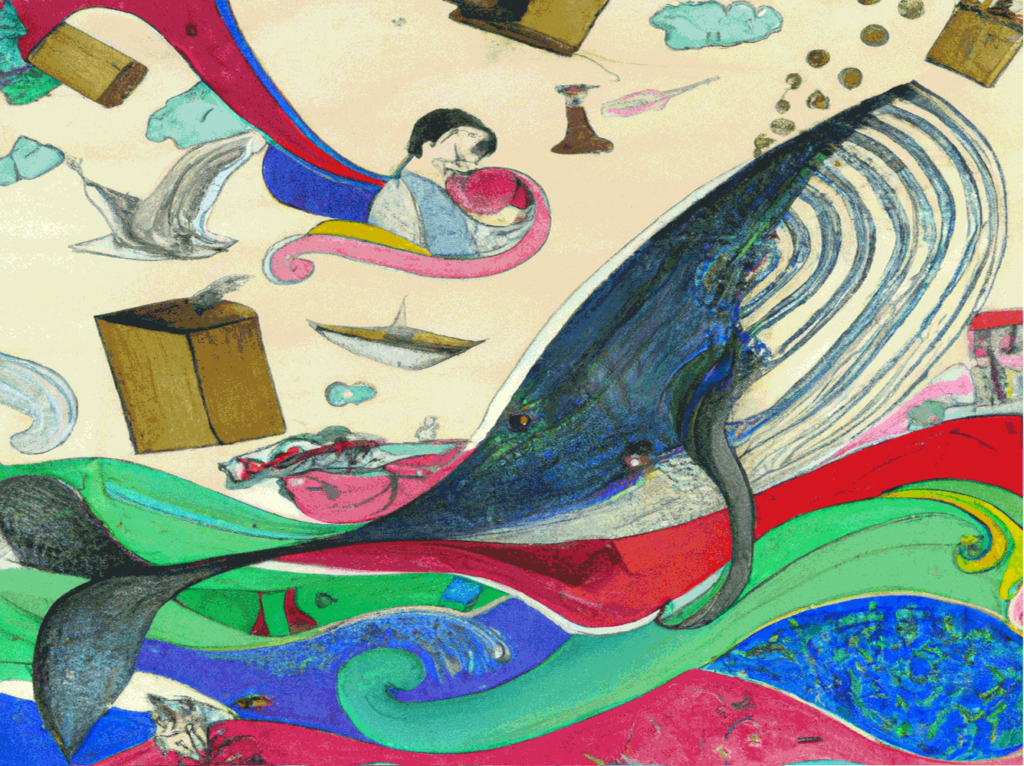
When the sperm whale stranded a few weeks back at Matapāua bay, our community’s spirits seemed tested by this comparatively small challenge. For some, inexplicably, the whale was just an unwelcome disturbance of their perceived entitlement to undisturbed access to all beaches, free of any form of trouble. They argued that the whale should be expediently dragged off to sea to be sunk, out of sight and out of mind, and they worried about the cost of the whale to the taxpayer.
However, for Ngāti Hei, our local iwi, the whale was a once-in-a-century offering of the sea, ‘he taonga Tangaroa’, to reconnect with indigenous customs for the celebration and use the resources it presented. In the past, before the first generations of European settlers and their whaling fleets decimated the whales and drove some of their species close to extinction, whale strandings regularly provided Māori with important resources that enriched their lives. But since then, these events have become a rarity. It is only now that whales are slowly recovering in numbers, with some species still remaining endangered and close to the possibility of extinction.
For the Department of Conservation (DOC), the whale stranding posed a significant and weighty challenge to respond to. Tending to marine mammal strandings is part of the department’s designated role under the Marine Mammals Protection Act 1978, and there is a specific protocol in place for such a case and has been for a long while. One key point of this protocol is the “Enabling cultural protocols – this involves consulting with local iwi and hapū through every step of the stranding, including rescue, euthanasia, sampling and disposal”. And this is exactly what then happened. The local iwi, together with experienced whale stranding expert Hori Parata from the Northland iwi Ngāti Wai and his team, organised a traditional flensing and burial of the whale at Wharekaho beach on Ngāti Hei property. And DOC assisted with the towing of the whale to Wharekaho and securing the site for health and safety aspects. The culturally significant parts of the whale were harvested and retained for use. The rāhui placed on the beach during this process was lifted soon after.
The whale story shows that solutions can and will be found if we listen to each other, explore the rich benefits of multicultural perspectives and cooperate in good spirits on solving challenging issues. The real tests of society lie in our future. As we test the limits of our human impacts on the planet’s ecosystems, we will need to reconsider many of the old wisdoms from a time when humanity still lived in explicit dependency on the health of our local environments. European and other settlers have much to benefit from understanding the perspectives of kaitiakitanga and mātauranga Māori as we work through the challenges to make our society sustainable and compatible with what nature can provide.
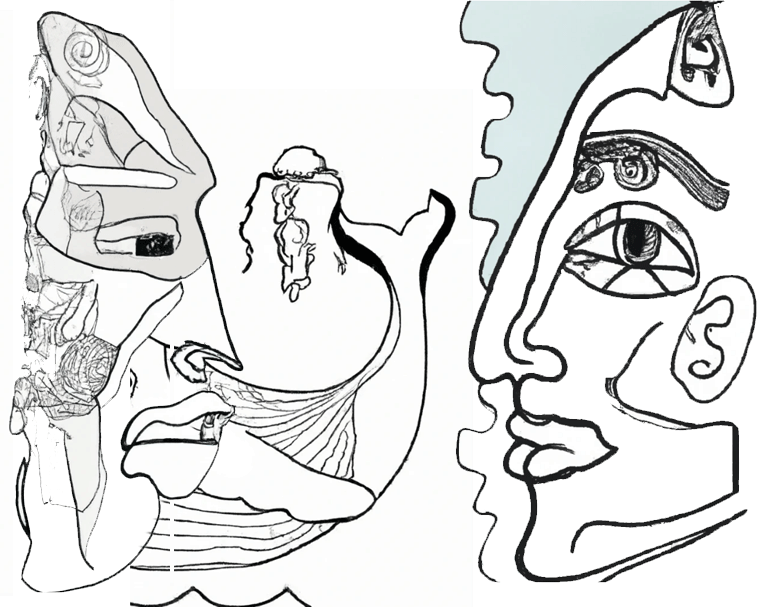
Note: The thought-provoking, unique drawings in this article were generated for me by the DALL-E artificial intelligence drawing system.2 The first one was generated by prompting the system with the words: “two sided face with one side maori new zealand, the other side european, surrealist line drawing”, the second was generated for “bicultural maori new zealand whale, surrealist line drawing”. I admit astonishment and a sense of unease that an artificial intelligence system is capable of doing this. I am still processing what this means and heralds for the future.
1 https://www.doc.govt.nz/nature/native-animals/marine-mammals/marine-mammal-stranding
2 https://openai.com/dall-e-2/
– Words by Thomas Everth, Teacher Researcher
Art Cover by Lucas Rocha



